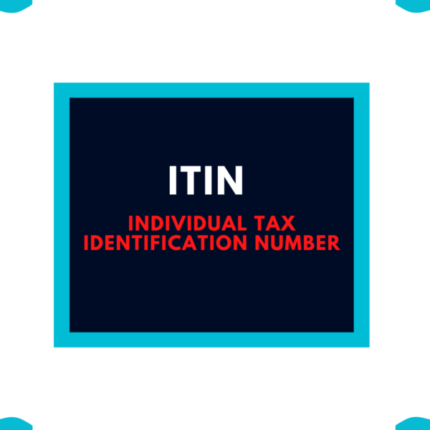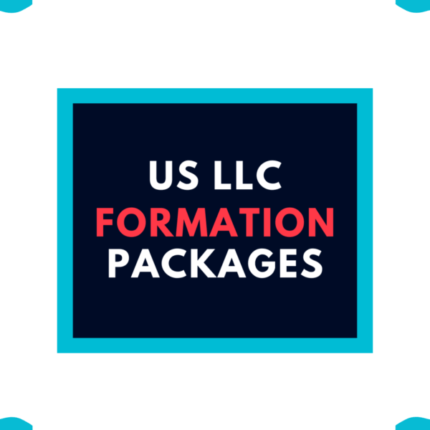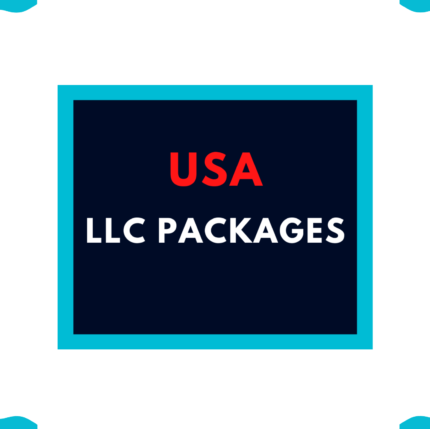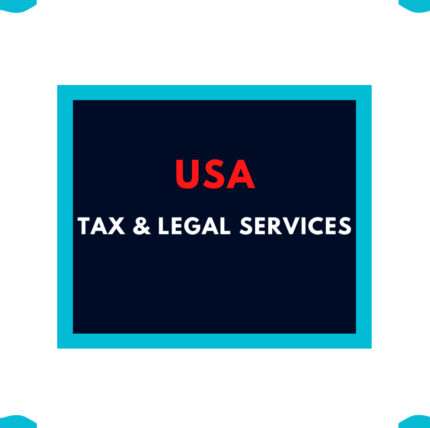Delaware LLC:
The state of doing business in Delaware is viewed from a certain stereotype. Delaware is often referred to as a tax haven, but that is a myth. Due to Delaware’s corporate-friendly tax laws, many entrepreneurs, in-state and out-of-state, are advised to incorporate there.
More than one million business entities, including LLCs, have their legal residence in Delaware. While Delaware dominates business formation, other factors have also contributed to its dominance. Taxes are just one aspect of these factors. Moreover, Delaware has an enabling statute, the Delaware General Corporation Law, a judicial system, and case law and lawyers who specialize in Delaware corporate law. Delaware’s Secretary of State offers a wide range of services and resources for the formation of corporations and LLCs.
Register LLC in Delaware involves the following steps:
- Choose a unique business name for your LLC that complies with Delaware naming guidelines.
- File articles of organization with the Delaware Division of Corporations. This document includes information about the LLC’s management structure, the name and address of the registered agent, and the names of the members (owners).
- Obtain any necessary licenses and permits for your business.
- Draft an operating agreement for your LLC, which lays out the management and financial structure of the company.
- File any necessary paperwork with the state and local government, such as registering for state taxes.
- Obtain any necessary insurance for your business.
It’s important to consult with legal or financial professional when setting up a Delaware LLC, as each state have their own unique rules and regulations. Also, keep in mind that Delaware is considered as one of the most business-friendly state, also called as “incorporation capital of the world”, thus it might have additional requirements or costs as well. That is why form a Delaware LLC is consider more preferable by many professionals.
Compare Delaware LLC with Texas LLC
Both Delaware LLCs and Texas LLCs are forms of limited liability companies, which are a type of business entity that combines the personal asset protection of a corporation with the tax benefits and management flexibility of a partnership. However, there are some key differences between the two types of LLCs:
- Formation: In Delaware, you can form an LLC by filing articles of organization with the Delaware Division of Corporations. In Texas, you’ll need to file a certificate of formation with the Texas Secretary of State.
- Fees: In Delaware, form an Delaware LLC cost $90 first year and $300 for annual franchise tax. In Texas the fee for forming an LLC is $300 first year but annual renewal fee is zero.
- Statute: Delaware is known for having a very business-friendly statute, which is one of the reasons why it’s a popular state for forming LLCs. Texas also has a business-friendly statute.
- Name: Both states have similar requirements for LLC names. They need to be distinguishable from existing LLCs and cannot contain certain restricted words (e.g., “bank”).
- Publication: In Delaware, all LLCs are required to publish a notice of their formation in two newspapers in the county where the LLC’s registered office is located. Texas has no such requirement.
- Taxes: Delaware has no state corporate income tax, and Texas state corporate income tax rate is 1%.
It’s important to note that even if you form an LLC in one state, it is still considered to be doing business in other states where it has physical presence and may be subject to taxes and regulations there. Additionally, having a good legal, financial and business advisor to guide you through the process and to help you make the decision on which state would better suit your LLC needs would be a good idea.
Wyoming vs Delaware LLC
Wyoming and Delaware are both popular states in which to form a limited liability company (LLC). Both states have laws that are favorable to LLCs, but there are some key differences between the two.
Wyoming Company Formation:
- Wyoming LLC first year filing fee is $100
- low state corporate income tax,
- No franchise tax,
- Annual Renewal fee is $62
- Stockholders are not publicly listed,
- Allow for series LLCs
Delaware Company Formation:
- Delaware LLC first year filing fee is $90
- Annual Renewal fee is $300
- Has a well-established body of corporate law,
- Allow the formation of Anonymous LLCs (Limited Liability Company)
- Has a favorable court system for business disputes,
- Has a high level of corporate secrecy
- Widely recognized as the preferred jurisdiction for large multinational corporations, hedge funds and venture capital firms.
Both states have different pros and cons, and which one is best for your LLC will depend on your specific needs and situation. It’s always recommended to consult with legal advisor or attorney before making a decision.
Delaware Apostille
An apostille is a form of authentication issued to documents for use in countries that are members of the Hague Convention of 1961. The apostille certifies the authenticity of the signature on the document, the capacity in which the person signing the document has acted, and identifies the seal/stamp which the document bears.
In Delaware, apostilles are issued by the Delaware Secretary of State. The office will authenticate the signature of the Delaware Notary Public, State Official, or Federal Official appearing on the document and will affix the apostille certificate. The document must be an original or certified copy, and the apostille will be attached to the document.
For more information on obtaining an apostille Delaware, you can visit the Delaware Secretary of State website.
GET READY TO FILE YOUR US TAX RETURN
It is the US Internal Revenue Service (IRS) that creates the tax code and regulations for LLCs. There is a tax based on the number of members in an LLC owned by a foreigner.
LLCs with only one member are single-member LLCs. LLC owners who are non-residents must file forms 1040-NR, 5472, and 1120.
An LLC with more than one member is called a multi-member LLC. It is required that multi-member LLCs file Forms 1040-NR, Form 5472, and Form 1065 with the IRS.













